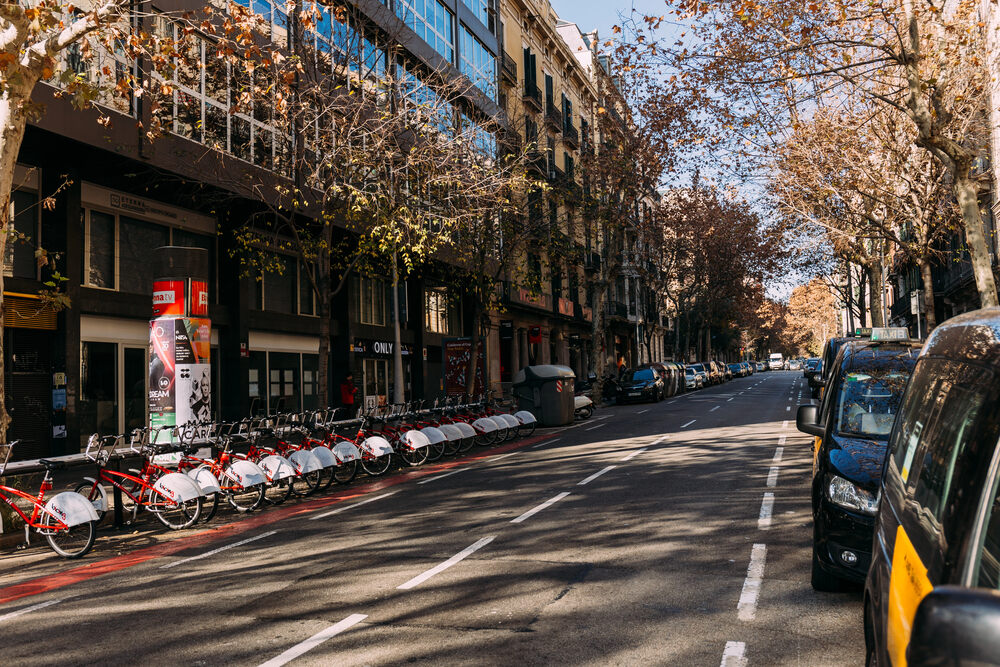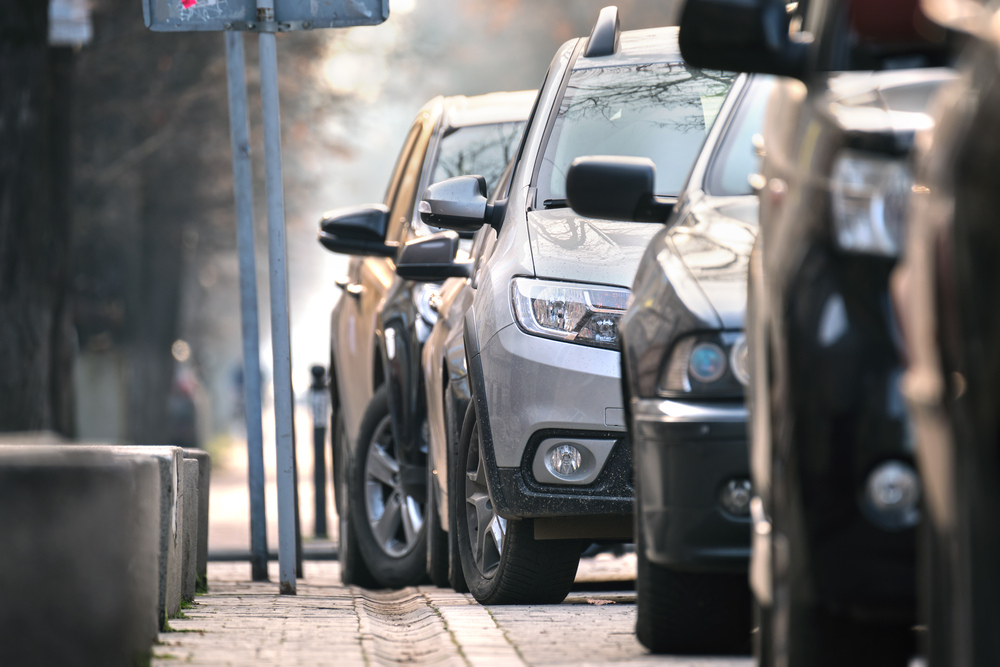Hungary to implement stricter measures for hazardous vehicles and rule-breaking drivers

The Hungarian government is introducing new regulations aimed at improving road safety and managing the issue of abandoned and improperly parked vehicles on national roads. According to a draft ministerial decree posted on the government’s website, the proposed rules would empower authorities to remove, store, and, if necessary, sell or scrap cars that are left in a way that threatens traffic safety or hinders road maintenance activities.
Stricter measures for hazardous vehicles

The new regulations categorise cars into several types:
- Unidentifiable vehicles: These are abandoned cars that lack registration plates or any identifying marks, making it impossible to ascertain their ownership.
- Abandoned cars: Vehicles left stationary with the driver absent from the scene, often in situations where they cause obstruction or danger.
- Left vehicles: Cars that have been stationary on the road, particularly outside inhabited areas, for a period of at least 72 hours.
- Hazardous cars: Vehicles that are parked in a manner that endangers road safety, obstructs road management activities, or interferes with roadside checks and maintenance.
The draft decree outlines the responsibilities and procedures for road managers, detailing how they can legally remove these cars, the costs involved, and the subsequent storage and disposal processes, Infostart reports. It also defines the scope of “roadside assistance,” which may include services such as providing fuel or jump-starting vehicles using external batteries.
Fees for the specific services

Once a vehicle is removed, it will be taken to a designated storage area. The car’s owner can reclaim it by paying the incurred costs related to the removal and storage. If the car remains unclaimed, it may be auctioned off or handed over to a registered scrap yard. The decree stipulates specific fees for various services, such as the following (prices up to 1800 kg / 3500 kg total weight):
- Roadside assistance: HUF 39,000 / 46,800 (EUR 99 / 119)
- Vehicle removal for up to 2 passengers: HUF 46,800 / 58,500 (EUR 119 / 149)
- Vehicle removal for 2-5 passengers: HUF 58,500 / 78,400 (EUR 149 / 199)
- Transport of additional trailers or caravans: HUF 27,300 / 31,200 (EUR 69 / 79)
- Crane-assisted recovery for non-drivable cars: HUF 78,400 / 117,000 (EUR 199 / 298)
- Daily storage fees: HUF 3,900 (EUR 10) per vehicle unit
- Additional charges apply for nighttime services and services provided on weekends or public holidays.
The decree emphasises the necessity of these measures, citing the inherent dangers posed by stationary cars on high-speed roads, especially in areas without adequate lighting. The regulations aim to safeguard public and property safety, ensuring that road infrastructure remains secure and operational. Additionally, they seek to prevent interference with essential road maintenance tasks, such as mowing, verge repairs, and the accommodation of overweight or oversized vehicles.
This comprehensive approach reflects the government’s commitment to enhancing road safety and maintaining the efficiency of national highways by addressing the issue of abandoned and obstructive cars comprehensively.
Read also:
- Leaving home in hopes of a better life: Here’s how much Hungarians in Austria earn
- Official: Austria and Hungary to connect their motorways
Featured image: depositphotos.com
Source:






Obviously strict measures and a more efficient procedures and means are needed to handle the problem of abandoned cars or unidentifiable vehicles. This is all very good and a commendable policy. However, as in many other connections, it may be better to analyze and try to remove or lessen the fundamental causes for the problem.
An inquiry to a local car wrecker a year ago shed light over the main cause of why so many abandoned cars and other household and garden hardware are left lying around in the landscape, along roads or in back yards everywhere. I was trying to offer my old car to a car wrecker, but he declined to receive it.
The reason, he said, was that because of the heavy burden laid upon the car wreckers from the government regarding the extensive work of dismantling and separating the different kind of metals, rubber and plastic and, not least, the different fluids, oil and cooling fluids etc and finally to collect and store these environmentally hazardous substances, had raised the costs for the car wreckers to such an extent that it was no longer profitable for them, especially while the government was not willing to subsidize enough of the costs.. Luckily I got rid of my old car in a legal way by selling it to a dealer.
For many people who are not able to or does not want to take the trouble to bring the old relic to a legal resting place, it is understandable, although not acceptable, that they are forced to add to the general environmental pollution in this way.
The government should not only go out punishing people that may have been unable to adhere to the fundamental rules of environment care, but as in other aspect of life, it would be better if the government should attack the problem from the roots, that is to facilitate the receipt and proper handling of old material like cars, garden and house waste etc., thereby reducing the numbers of involuntary lawbreakers. A realistic amount of subsidizing for the car wreckers and a generous trade-in deposit arrangement for the customer would undoubtedly improve the situation.